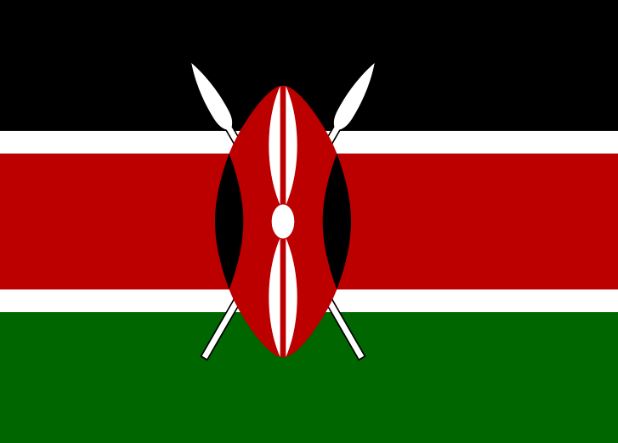In a bid to alleviate the pressure of increasing debt repayments, Kenya’s finance ministry has disclosed plans to offer stakes in 11 state-owned companies, including the lucrative state oil pipeline. The move is part of a broader strategy to generate revenue by selling shares in over 35 government-owned entities.
The list of companies slated for privatization includes the Kenya Pipeline Company, a government-owned entity with a monopoly on the transportation of gas and white oil products. The company, known for its profitability, is set to attract investor interest. To ensure transparency and public participation, the finance ministry has invited comments from the public regarding the privatization plan. The deadline for public input is December 11, in accordance with constitutional requirements.
While the Kenya Pipeline Company is wholly owned by the government, investors will also have the opportunity to acquire stakes in diverse sectors. Among these are one of Nairobi’s main convention centers, a prominent textbook publisher, agribusiness firms, and industrial companies. The inclusion of a variety of sectors reflects the government’s efforts to diversify the privatization portfolio and attract a broad range of investors.
This marks Kenya’s latest move in its privatization efforts, with the last state-owned company being privatized back in 2008. At that time, the government initiated an initial public offering (IPO) of a 25% stake in the telecommunications firm Safaricom, a move that was well-received and contributed to the expansion of the telecommunications sector in the country.
As Kenya aims to navigate its fiscal challenges, the privatization of these key entities is expected to not only inject much-needed capital into government coffers but also stimulate economic growth by fostering private sector participation across various industries. The success of this privatization initiative will likely hinge on investor interest and the government’s ability to manage the process efficiently.







